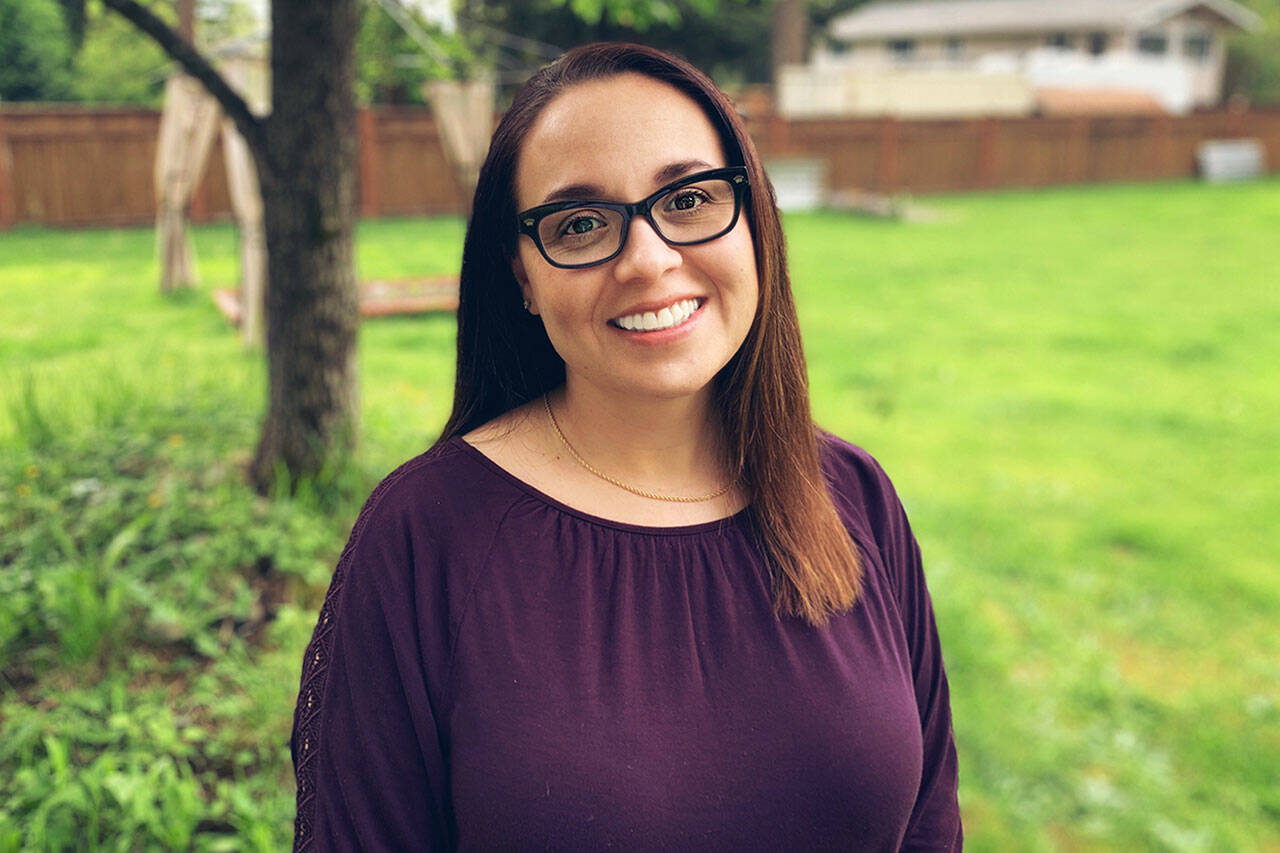Over the last three decades of my life, I have been blessed to walk with many leaders and role models who have instilled in me the power of necessary silence, vulnerability, self-awareness and timely dialogue. With each experience I have enlarged my own wisdom in ways I never thought imaginable. These gems of knowledge have been my light in the darkness over the past two years. As I have moved away from performative activism to taking intentional action in the spaces of Equity, Diversity and Inclusion; I have lost career advancement opportunities, close friends, and even a church community. Some have even chosen to distance themselves from ever knowing me. And I am doing just fine.
This column won’t be long. And, it probably won’t attract much attention at all. Actually, now that I think about it, none of my columns really have. Each column I have written has contained elements of challenging others to look outside of themselves. A challenge to be uncomfortable. These types of challenges are never easy to put into action. Asking someone to look through the lens of another persons’ experience is usually met with significant resistance. And sadly, most if not in all my experiences people use their “faith” as justification to look the other way, to condemn and separate themselves, and yes, even judge others.
My belief is that in an era of digital dialogue, remote work settings, increased social media presence, and distance from in-person dialogue, as a society, we have moved away from valuing the “difficult” or “challenging” conversations to just sharing a link, a picture with a multi-colored fist, lifting a rainbow flag, sending a text, or just adding that smile or heart emoji; and these performative measures have been sufficient enough to show support regarding the issues of today. This type of performative activism for me surfaces two main questions.
1. How do we move the needle on progress if we can’t even stand with each other in the same space to start a conversation?
2. To what extent do we continue to create silos and dark alleyways in a world where the next generation needs bridges?
Here are a few ideas.
Do your own research. Educate yourself on the issues of equity, diversity and inclusion. Invest into your knowledge and make your own decisions. Do not rely on others to educate you. Do not hit the share button until you have done your own research.
Be an active listener. Amplify the voices of those who need your allyship. Listen to understand and not respond. Step outside of yourself and truly engage in dialogue with curiosity and refrain from judgment.
Own your privilege. Recognize when your own societal privilege is overshadowing the cause. Being an ally doesn’t require a selfie with your BIPOC, transgender, or LGBTQ friends. Be better, do better.
Take action. Get involved and join the march. Do not support your fellow people only when it is convenient to maintain your status and privilege. Action happens all year long, not just in Black History Month, Hispanic/Latin Heritage Month, Native American Heritage Month, National Women’s History Month, and all the other great causes.
April Multicultural Calendar Causes: Autism Awareness Month, Child Abuse Prevention Month, National Arab American Heritage Month, Earth Month, Celebrate Diversity Month, Genocide Awareness Month, National Poetry Month, World Autism Awareness Day (4/2/2022), Day of Silence (4/12/22), Earth Day (4/22/22), and many more.


